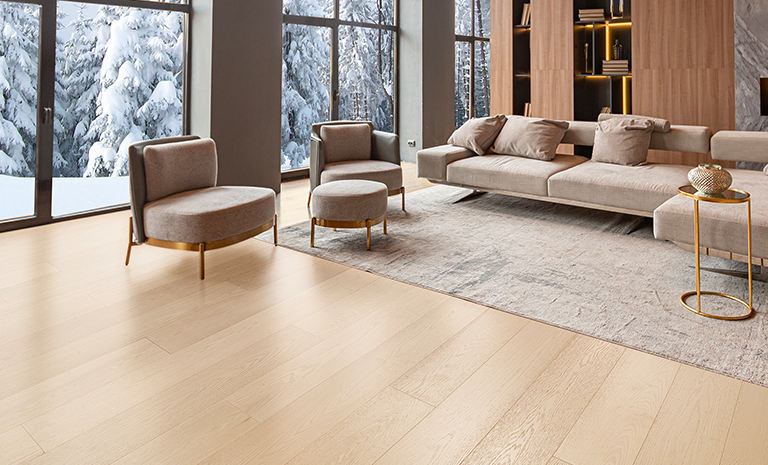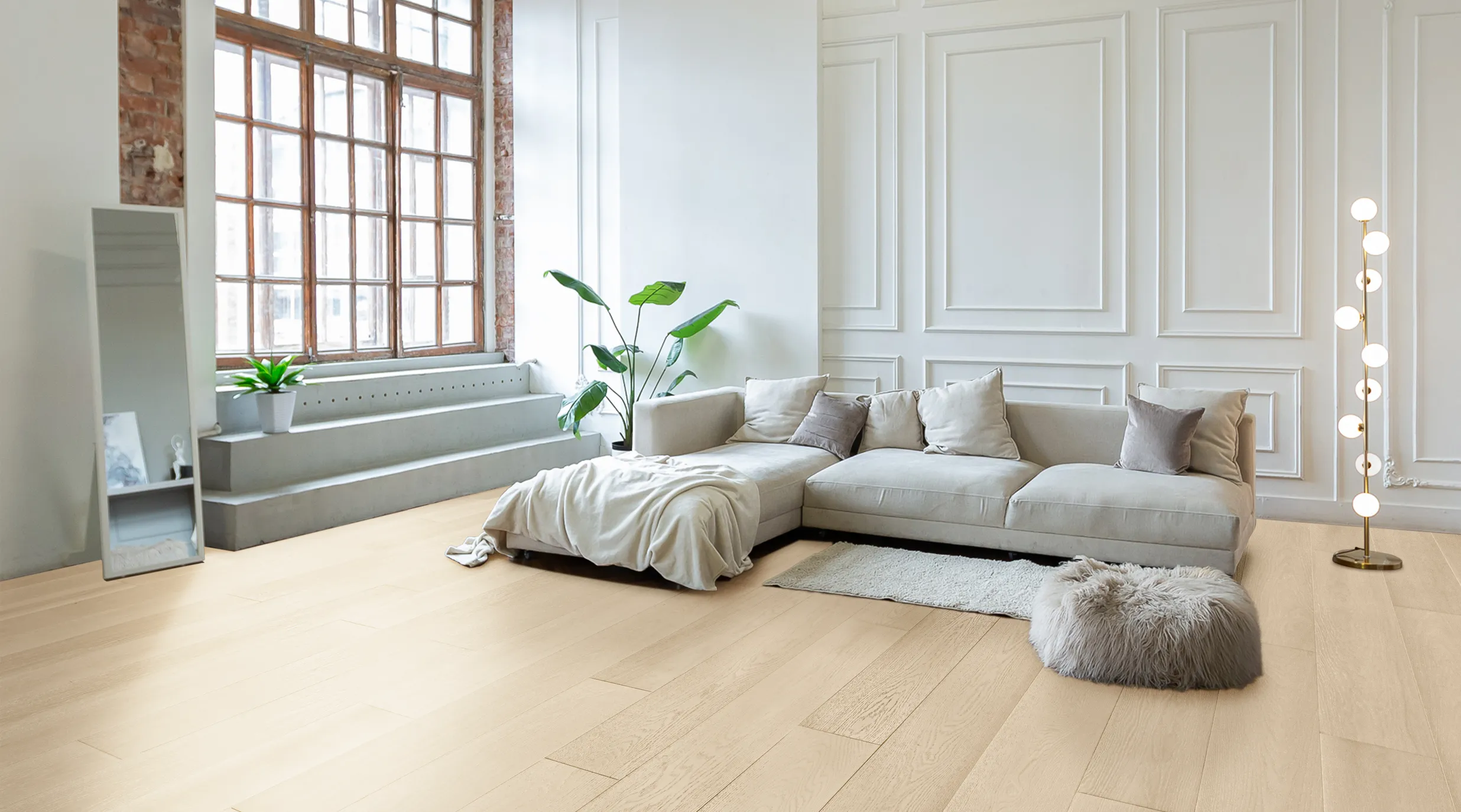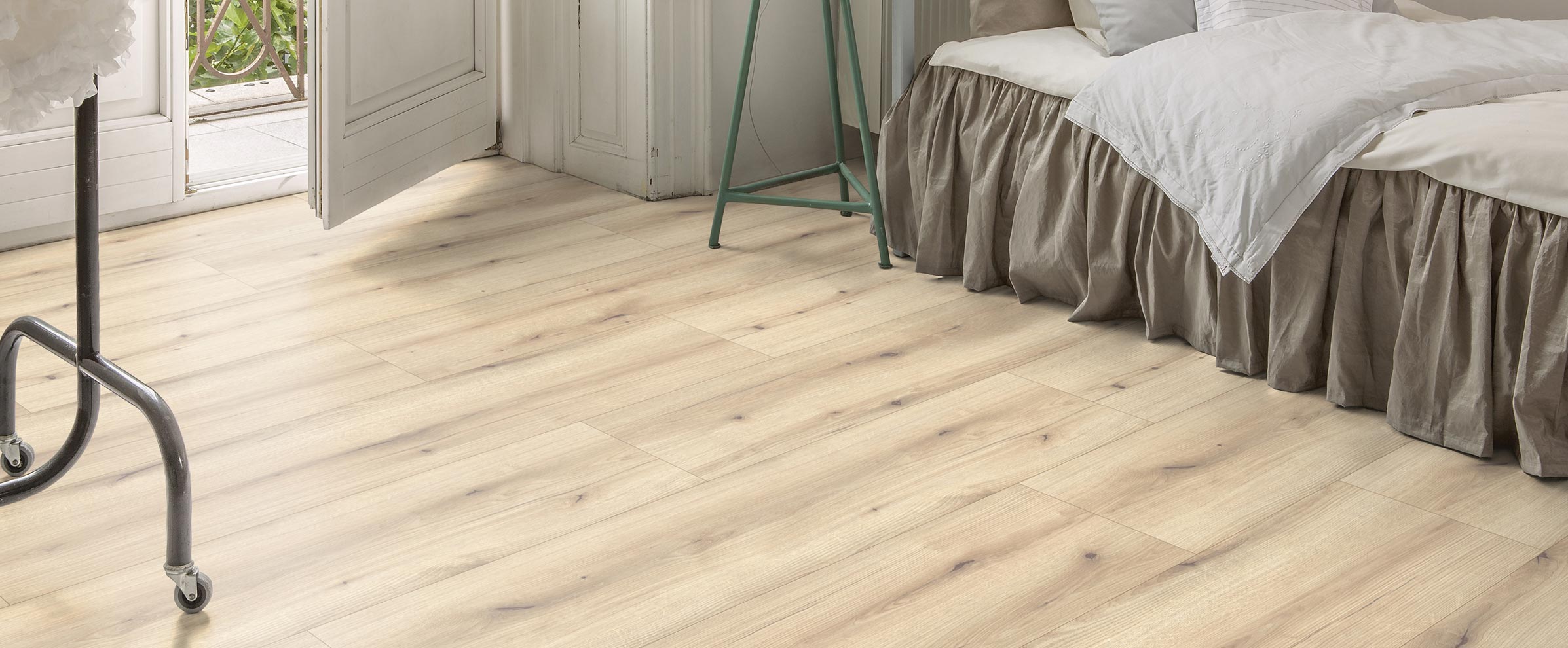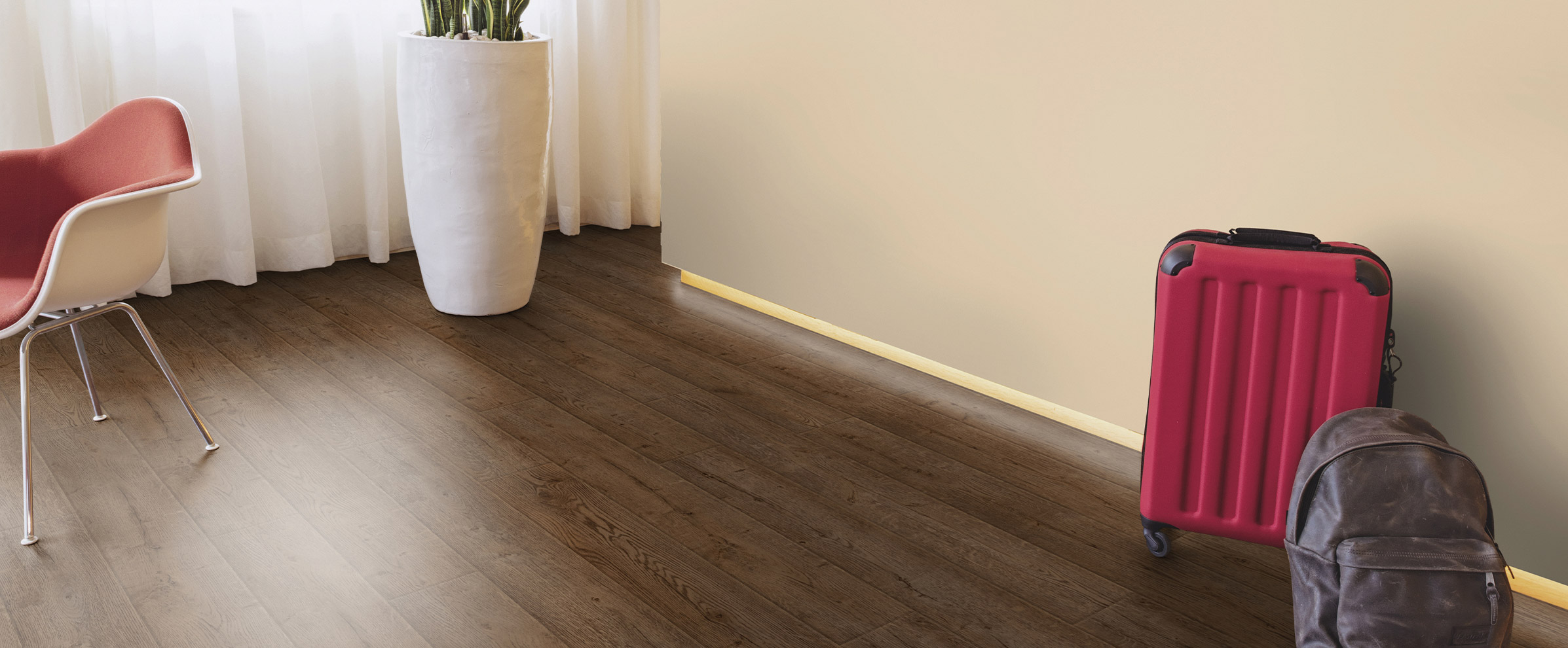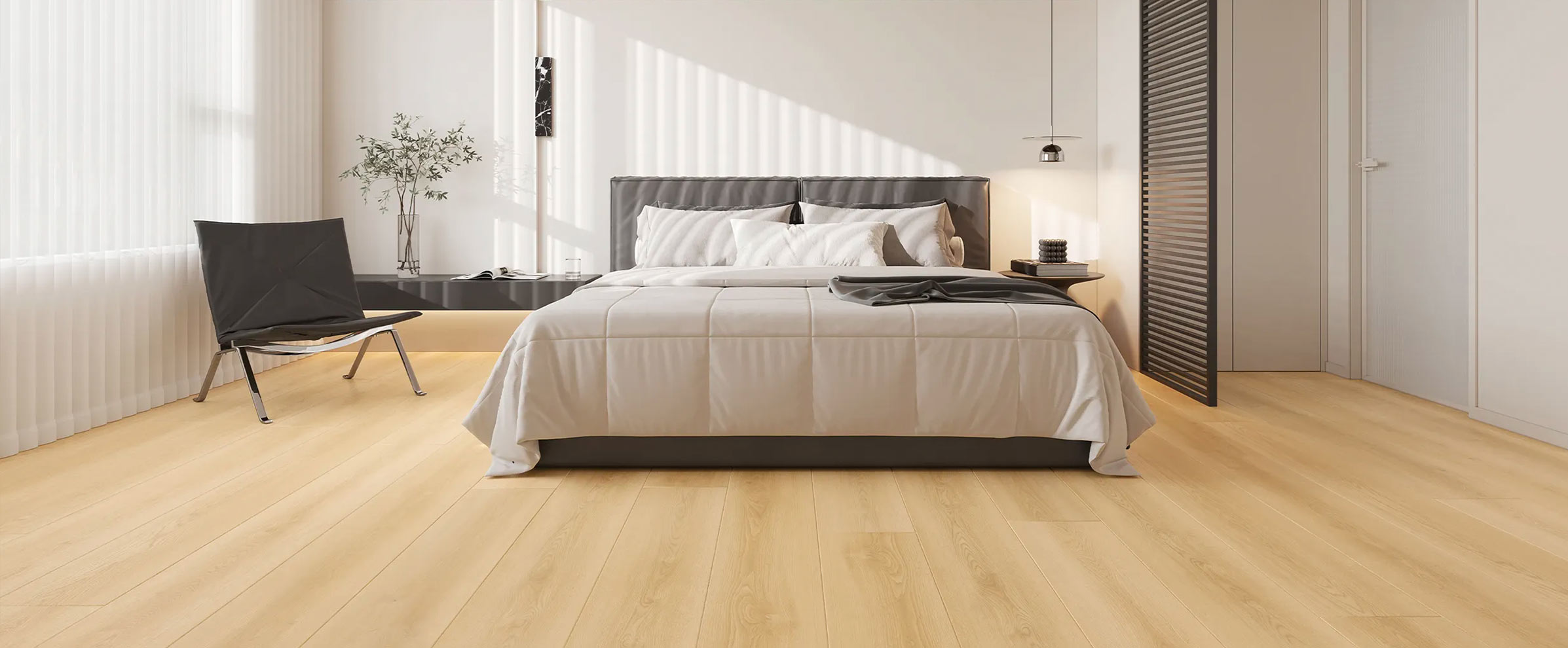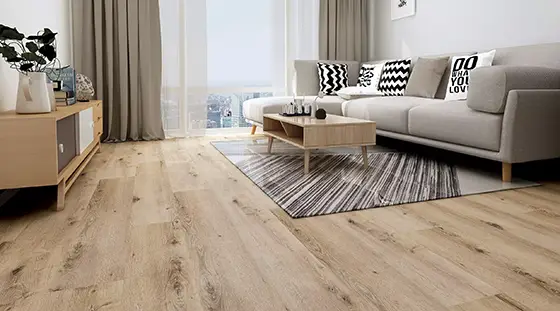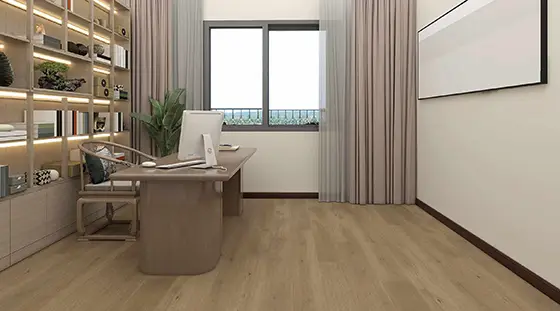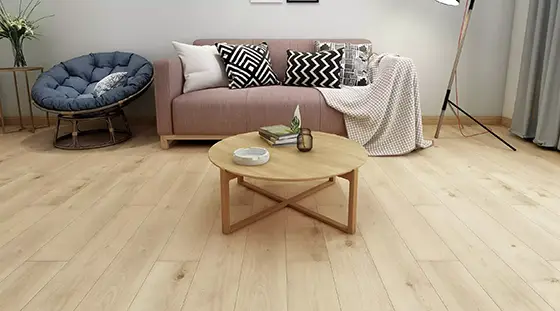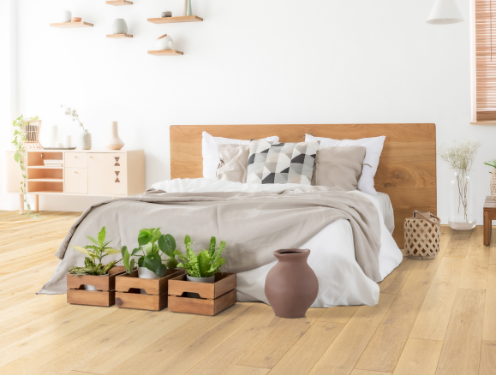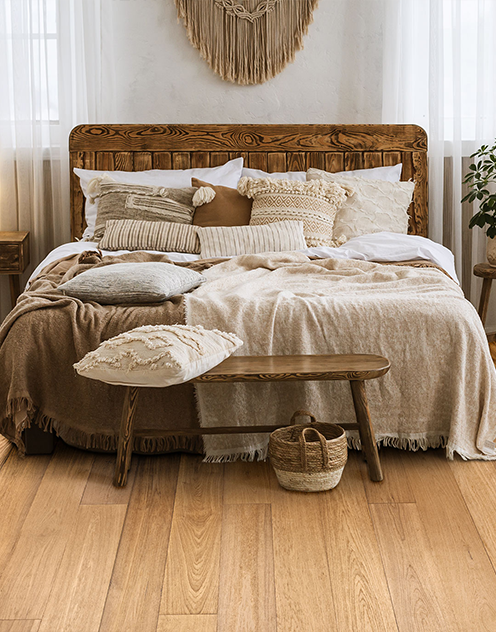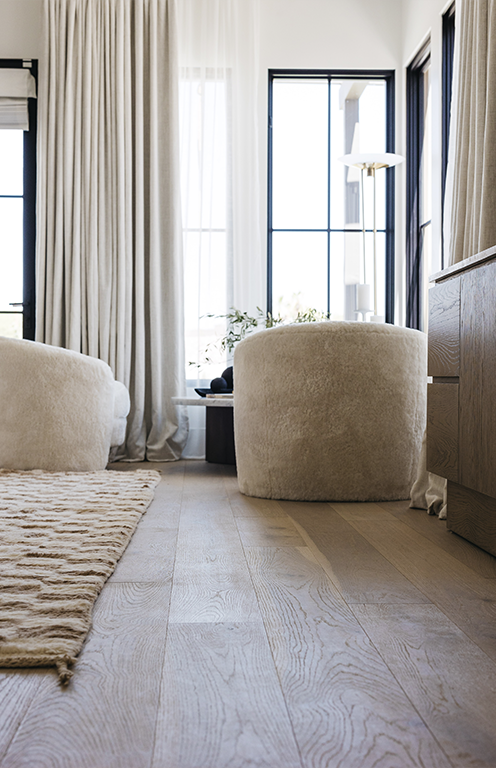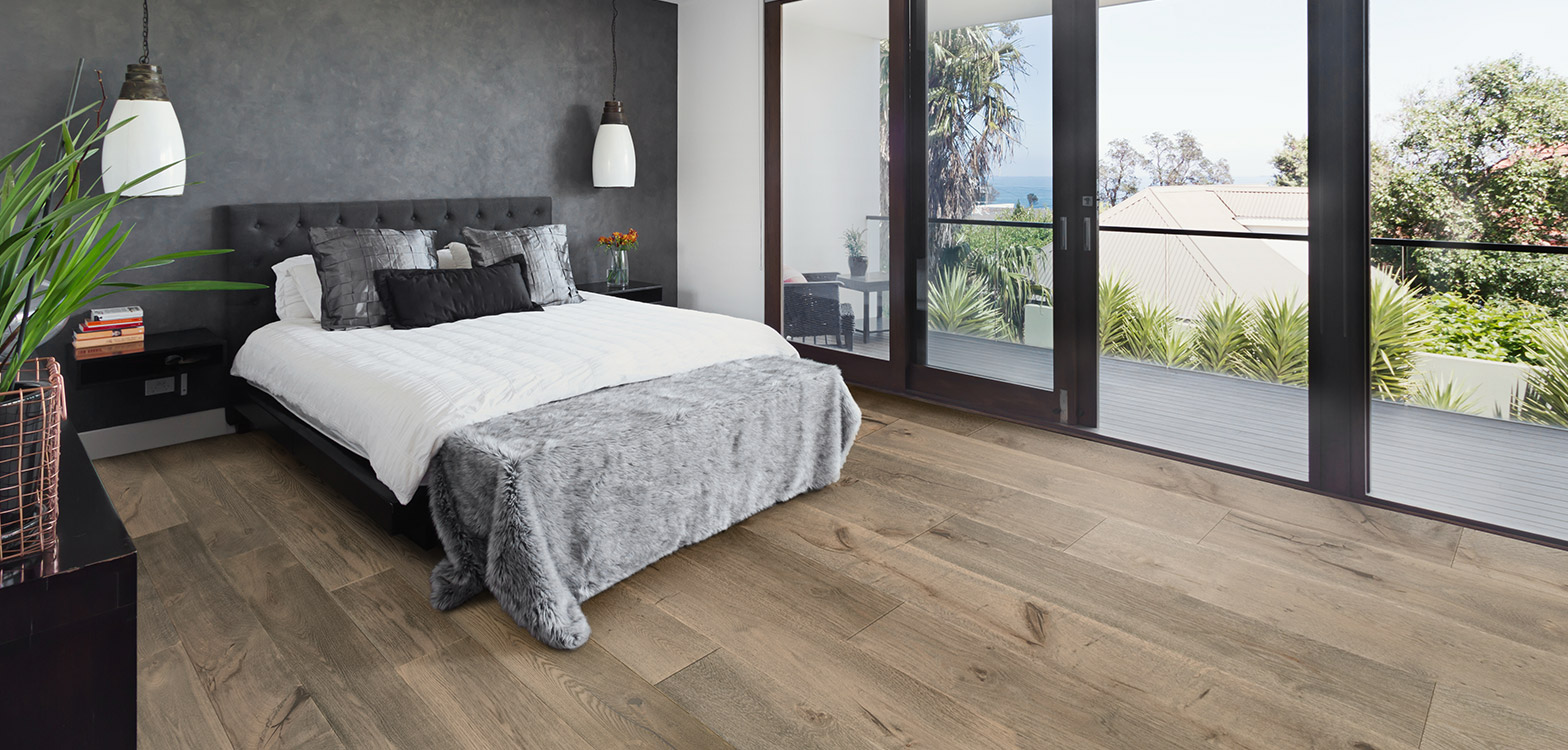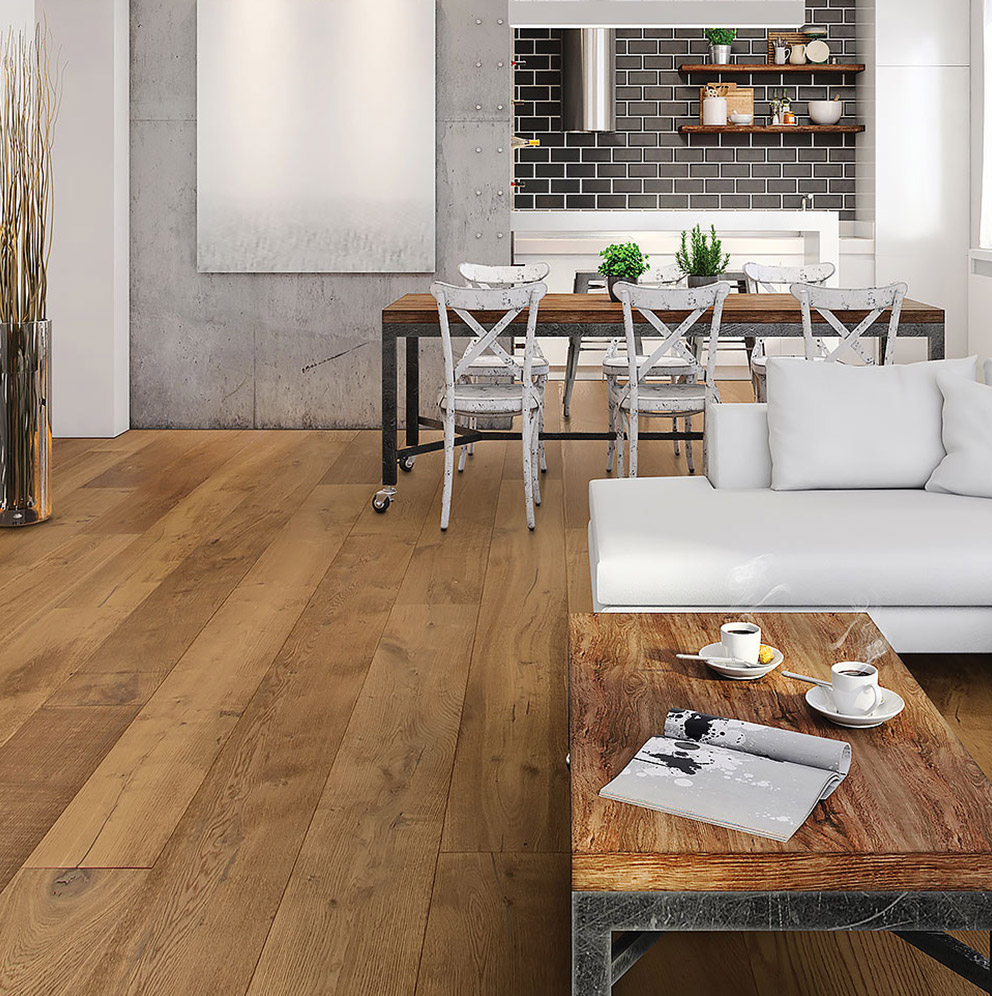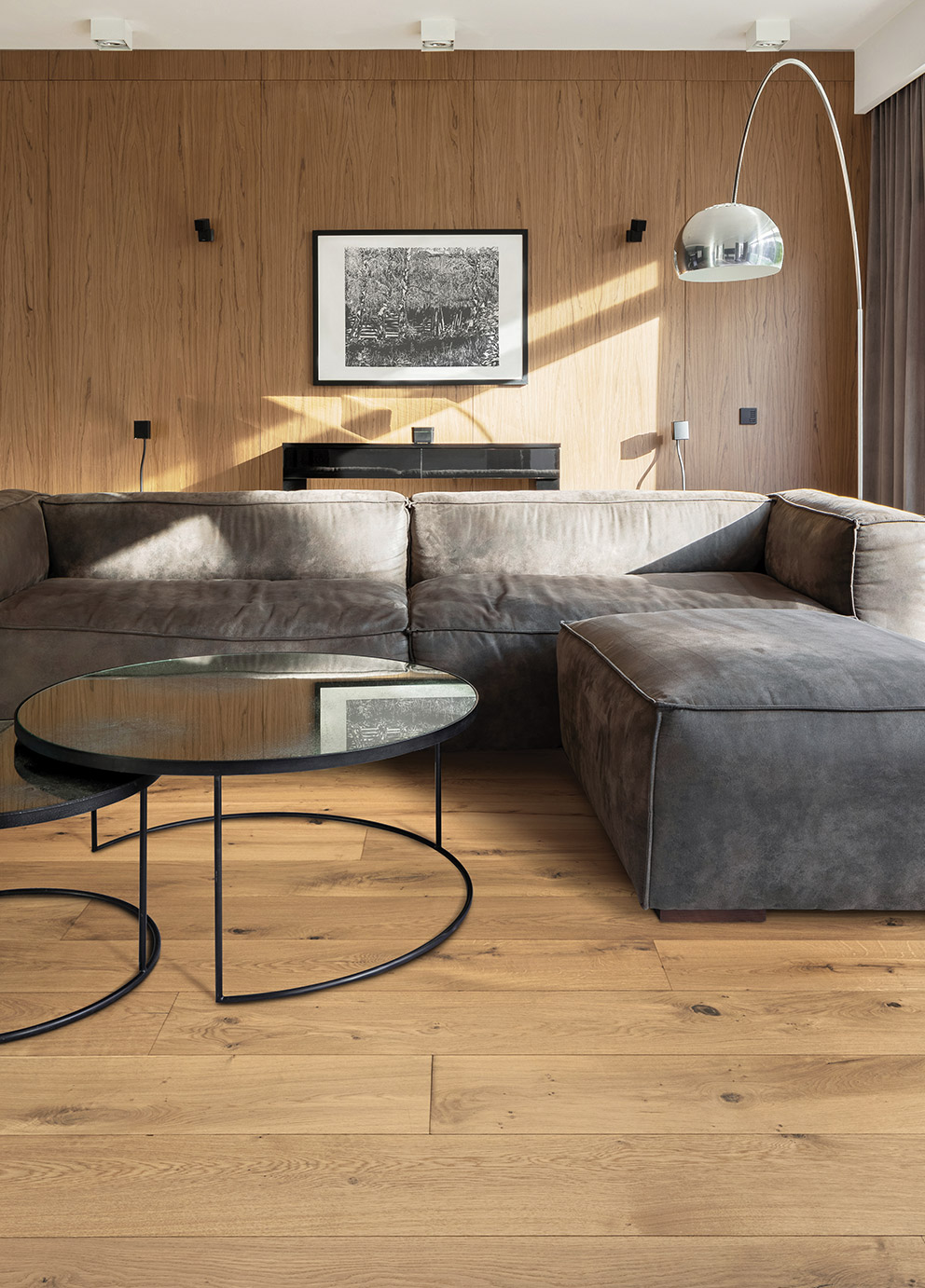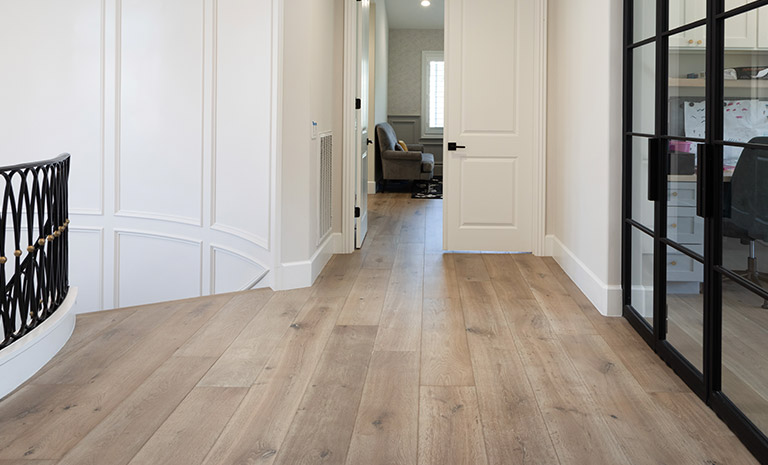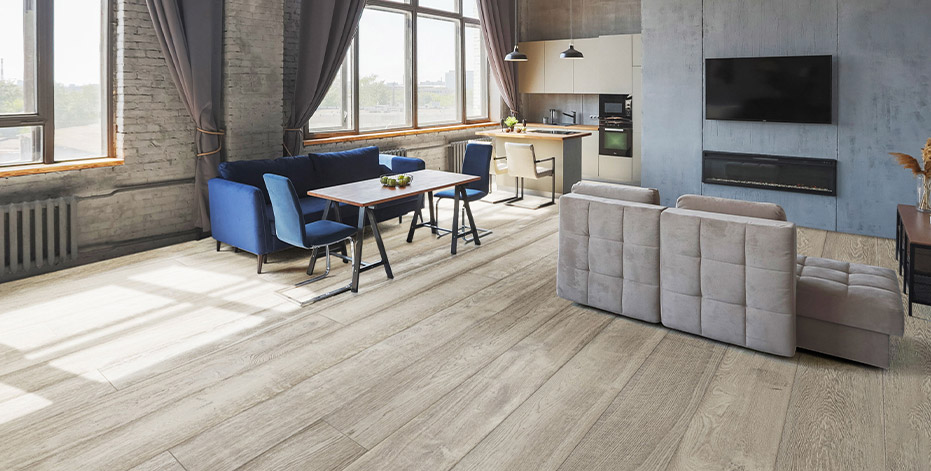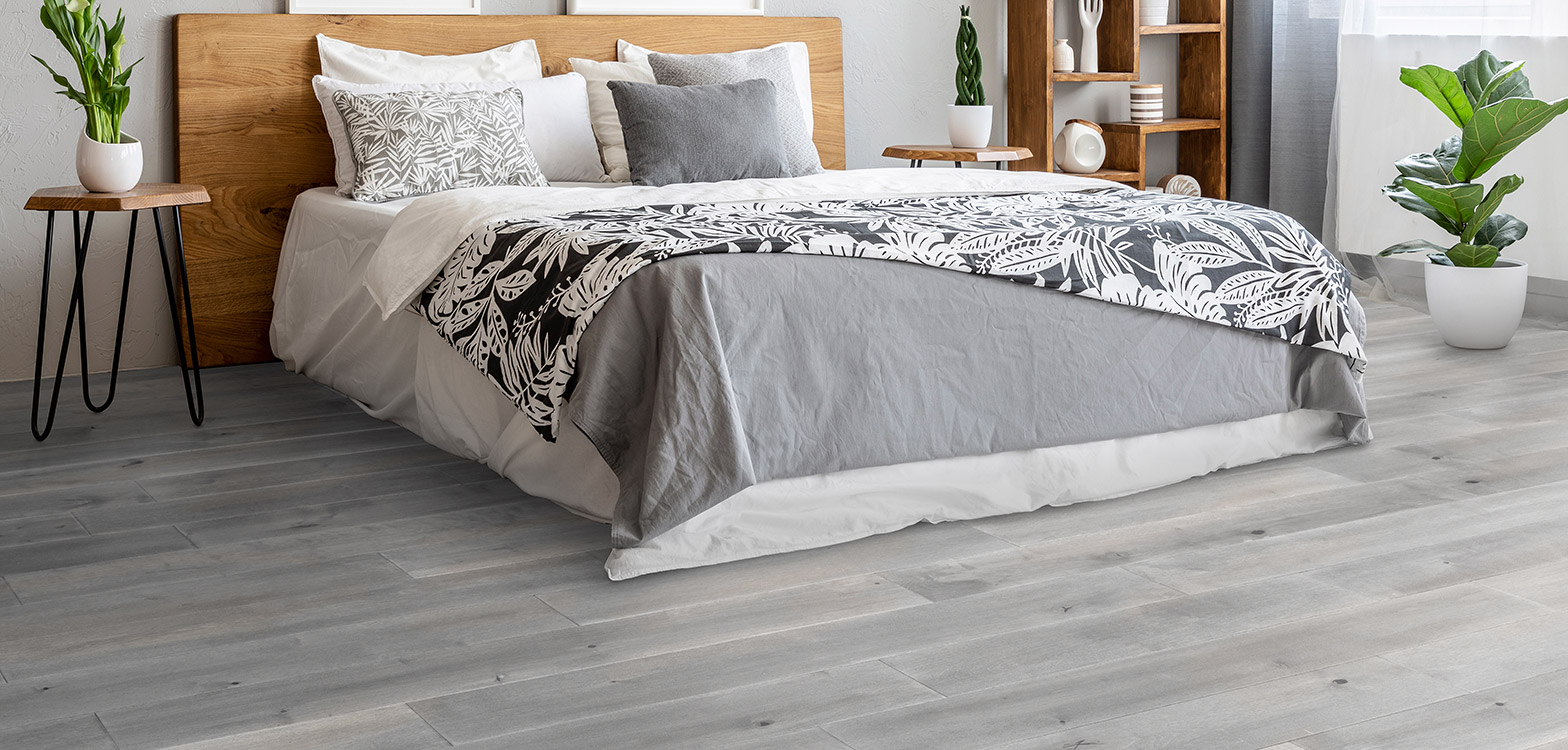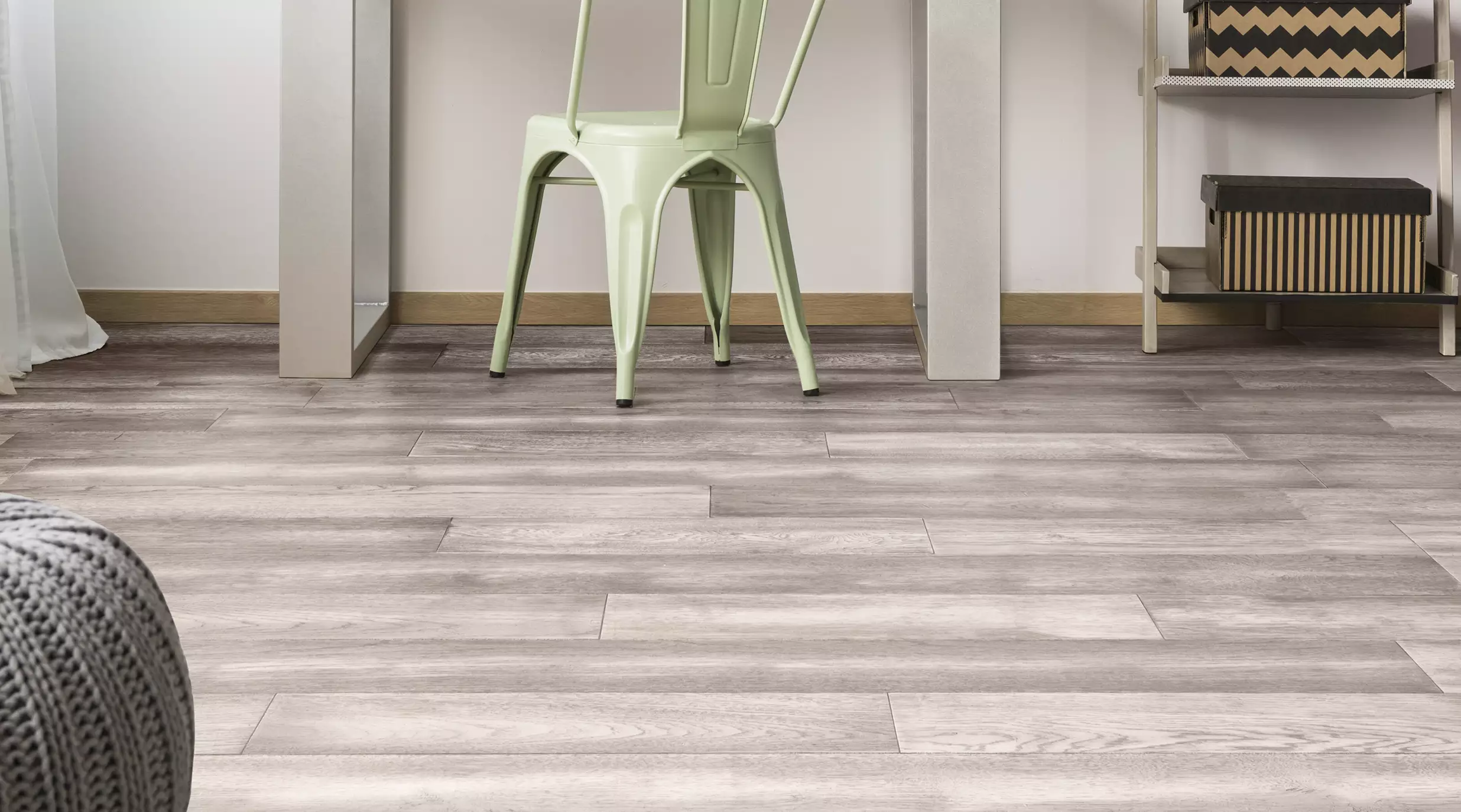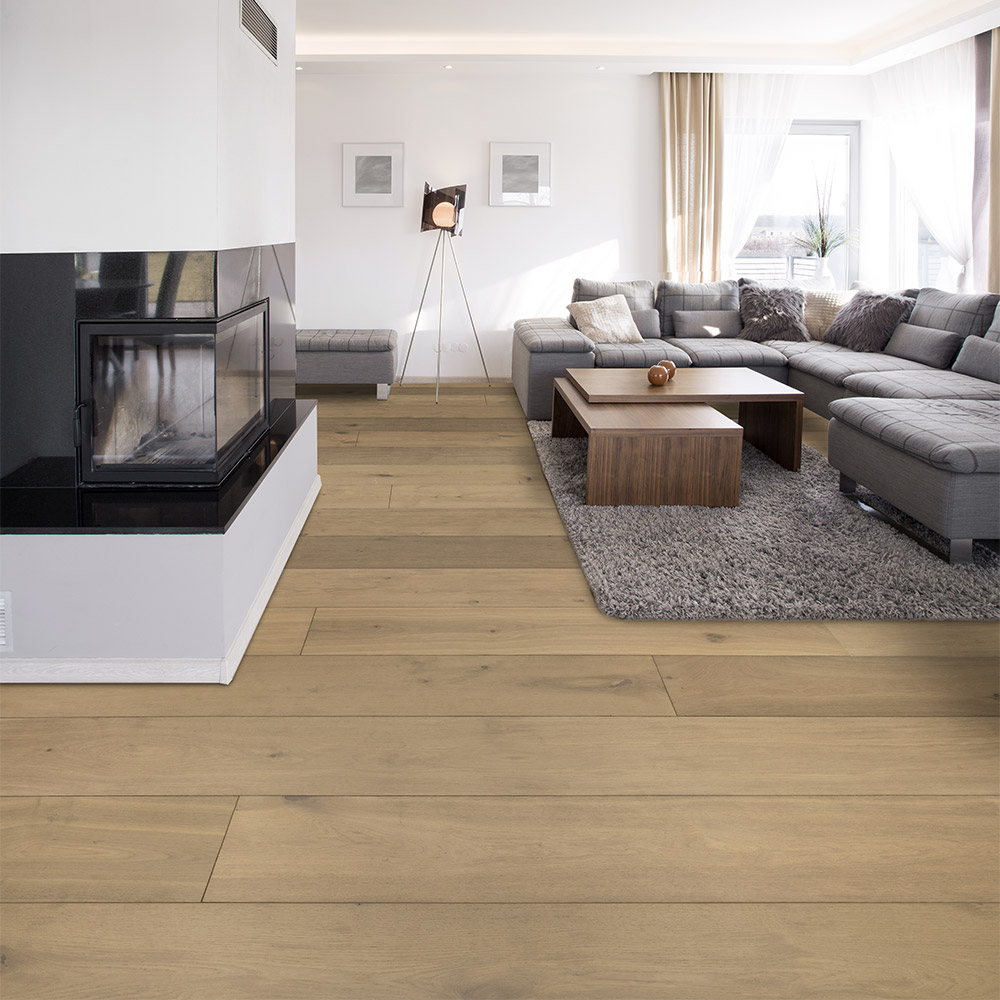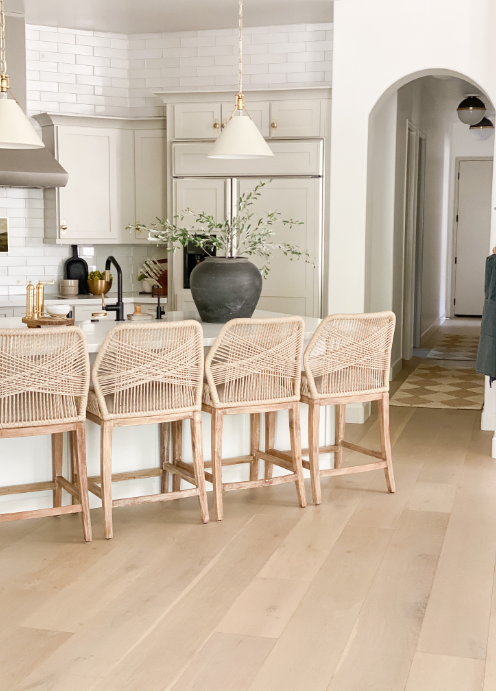Safety &
Substainability
Urbanfloor always puts safety first and only accept compliant products for the safety of everyone.
Our commitment
to safety
Urbanfloor assures that all our products are CARB II compliant and our products meet or exceed all environmental, health and safety requirements, including formaldehyde emissions required by the U.S federal government as well as state requirements such as CARB II, (California Air Resource Board). For more information about CARB click here.
Urbanfloor also has random testing performed on our products by a third party testing agencies here in the United States (Professional Testing Laboratory, Inc. Dalton, GA & Benchmark Holdings LLC. Eugene, OR ). Our products have always met or exceeded the standards.
See test results from Professional Testing Laboratory, Inc. Dalton, GA
See test results from Benchmark Holdings LLC. Eugene, OR
Urbanfloor always puts safety first and will always only accept compliant products for the safety
of everyone.
Floorscore
certified

The FloorScore certification label on a floor ensures good indoor air quality for a healthier home.
Urbanfloor maintains an active FloorScore® certification for our engineered hardwood flooring. FloorScore is a voluntary, independent certification program that tests and certifies hard surface flooring and the materials they are made with are in compliance with stringent indoor air quality emissions. The FloorScore program was developed by the Resilient Floor Covering Institute and is certified by a nationally recognized third-party certification company.
Urbanfloor prioritizes your well-being, ensuring that flooring products are compliant and putting health and safety first and foremost.
Read more about Floorscore
View our Floorscore Certificate – L’artiste, TimberTop
View our Floorscore Certificate – Chene, Lakeside Haven, Prima Lusso, Savanna, Urban Lifestyle, Villa Caprisi
About Floorscore
The FloorScore program, developed by the Resilient Floor Covering Institute (RFCI) in conjunction with Scientific Certification Systems (SCS), tests and certifies resilient flooring products for compliance with the volatile organic compound emissions criteria of the California Section 01350 program. Floors bearing the FloorScore seal are recognized as contributing to good indoor air quality in order to protect human health.
FloorScore® provides third-party certification that products are tested and comply with the California Department of Public Health (CDPH v1.1) Standard Method for Testing and Evaluating Volatile Organic Chemical (VOC) Emissions. As part of FloorScore certification, manufacturing processes, supply chain, and chemical sources are also verified and audited.
FloorScore® certified flooring products contribute to Low Emitting Material credits under The U.S. Green Building Council’s (USGBC) LEED rating systems, Green Globes and the Collaborative for High Performance Schools (CHPS), a measurable standard set for educational facilities.
Lacey act
There are strict laws instituted in Northern America that govern the legal and ethical logging, harvesting, and importing practices of woods and plants, ensuring the future sustainability of forests. First passed in 1900, the Lacey Act became the first federal law to protect wildlife. Since then, it was amended in 2008 to include a wider variety of prohibited plants and plant products.
From the U.S. Fish and Wildlife Service website:
Under the Lacey Act, it is unlawful to import, export, sell, acquire, or purchase fish, wildlife or plants that are taken, possessed, transported, or sold: 1) in violation of U.S. or Indian law, or 2) in interstate or foreign commerce involving any fish, wildlife, or plants taken possessed or sold in violation of State or foreign law. The law covers all fish and wildlife and their parts or products, plants protected by the Convention on International Trade in Endangered Species of Wild Fauna and Flora (CITES) and those protected by State law. Commercial guiding and outfitting are considered to be a sale under the provisions of the Act.
In 2008, the Lacey Act was amended to include a wider variety of prohibited plants and plant products, including products made from illegally logged woods, for import.
When the Lacey Act was passed in 1900, it became the first federal law protecting wildlife. It enforces civil and criminal penalties for the illegal trade of animals and plants. Today it regulates the import of any species protected by international or domestic law and prevents the spread of invasive, or non-native, species.
All Urbanfloor products are Lacey Act compliant, ensuring the protection and sustainability of our world’s forests and native wildlife for generations to come.
To view the complete Lacey Act, click here.
Call us
Monday to Friday 8am – 5pm PST
1-866-75-URBAN
Live chat
Click here to start a live chat session.

